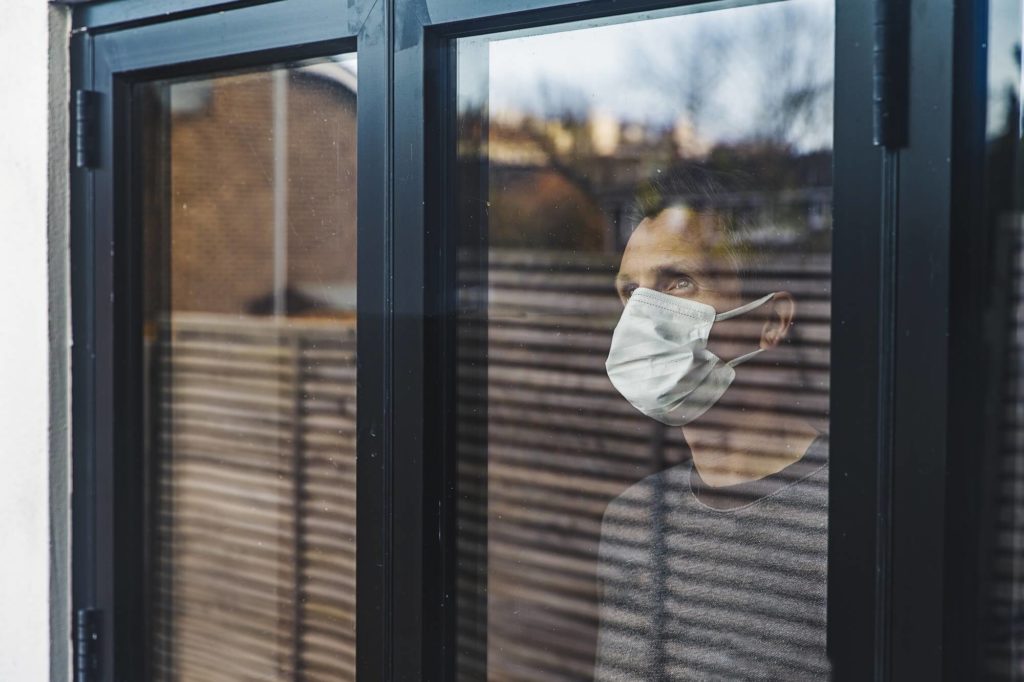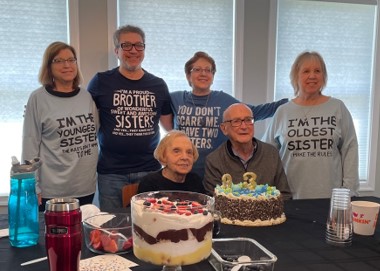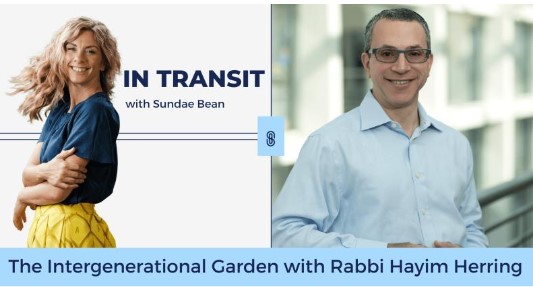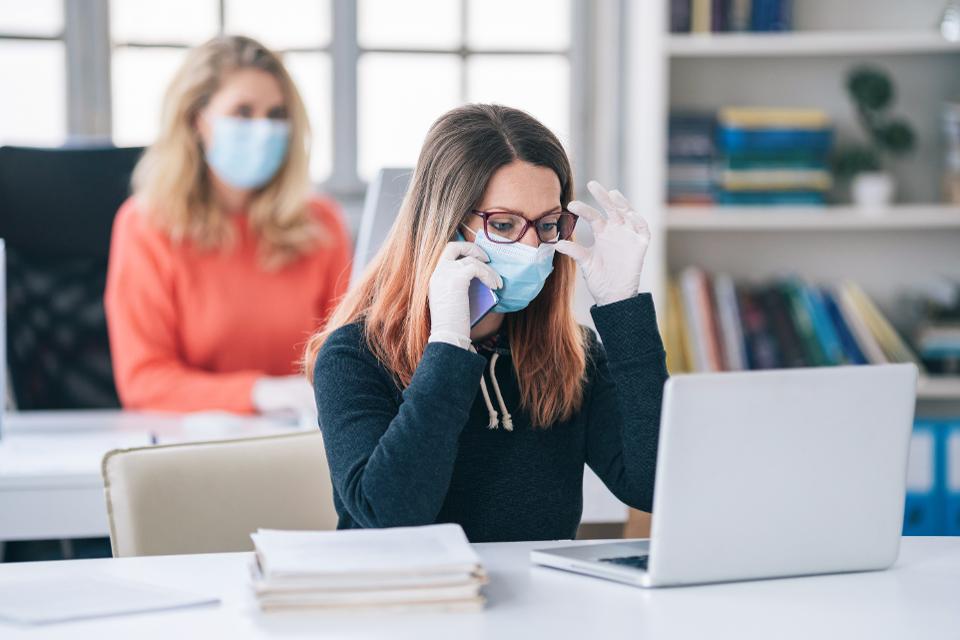In my last blog, I posted my initial analysis of a survey that I administered to over 200 Gen Zers and Millennials on how COVID-19 is reshaping their personal and professional priorities and their views on the future. In this post, I introduce you to three post-pandemic “personalities” of Gen Zers and Millennials: The Maximizer, The Catastrophizer, and the Pragmatizer. I developed these personalities from over 600 insights that they shared about themselves, their families, and their friends. I lightly edited their responses for clarity, but did not change their substance. The members of these generations will be our leaders in business, government, in the nonprofit sector before we know it. As you read about them, ask yourself: “How can I support their healthy impulses about personal and professional growth and ease their feelings of hopelessness?” I urge you to listen to their voices, and then to connect more deeply with at least one Millennial or Gen Zer. Find a way to show them that you are listening to them.
The Maximizer: I’ll be Better because of the Pandemic
I’m more capable of doing things than I thought I was, and I am more resilient than I give myself credit for. I’m not lazy; I was just extremely overwhelmed by work and school, which left me unable to do anything productive once I got home. Now, I have hobbies and interests and keep my room clean. I am hardworking at a job, and even without structured tasks, I can be) productive. I get things done even when they feel impossible if I make time for self-care, no matter how busy I am.

I’ve been able to stay connected with friends through this pandemic. They’re the best! We text more often, and we FaceTime each other when we have time. We are so creative in how to stay in touch with each other! Friendship is such an important thing for me. A little effort can go a long way with friends, which I plan to continue making after this pandemic. I value my friends and family so much more now. I’m incredibly grateful for my parents and brothers. My sister and I are more different than I thought, but we also get along better than I thought, and I’ve gotten closer to my brother.
I realized I don’t know if I’m as suited to live abroad and away from my family as I thought I was.
I have the tools and knowledge to survive a zombie apocalypse. I got a job at a grocery delivery app which wouldn’t have happened without the crisis. So I have a weird dichotomy of feeling more optimistic about my future even though I’m less optimistic for my generation, my family, and my friends’ futures. I’m going to do pretty well in life despite what everyone else said. I do know this: when the economy crashes, which appears inevitable, that will be the time to strike on the stock market because no matter how long it takes, America has always bounced back. I will bet on America USUS! I want to be on the frontlines of creating the world of tomorrow.
The Catastrophizer: It Won’t Ever Get Better
I used to think I would never be the type of person to get depressed, that I would always be motivated to keep myself busy and productive, but I’m not. I’m also not as resourceful as I thought, and I’m not safe either. I can self-isolate rather well, but that tends to make me indulge in vices more to pass the time. Structure is hard to maintain when no one is watching. I need to be distracted at all times, or else I’m bombarded with negative thoughts.
I can’t learn online on my own because I have a really short attention span. I spend too much time on the phone, I eat when I’m bored, and I am very lazy. I lack self-motivation and passion, and I have no real drive, life goals, or aspirations. I never realized how much I relied on the physical separation of my work and home life for my mental health. I need to fix my sleep schedule. I am afraid of what I can’t see. I have insane anxiety, I’m sad, and I’ve been depressed for ages.
I hate living in this house! My family is easier to deal with when I can hang up on them. My dad is childish, so I have to be the grownup in the relationship, my mom is crazy – she thinks that the COVID-19 pandemic is all a hoax – and my stepmom sucks. They’re extremely susceptible to fear tactics. I never want to live with my sister – ever – and I don’t want a relationship with my brother. It’s hard to be around family always when you have differing views and opinions, especially when you feel like they always belittle you. They make me feel bad, and they’re toxic and selfish. Selfishness does not change whether or not someone claims to love you. Their abuse doesn’t stop or get better; it just feels like it’s better when you’ve moved away. But how helpless we are when we need each other but can’t help!
I’m too good at social distancing. I like being out but do not like other people, yet not seeing people destroys my motivation. I depend heavily on the company of others to stay sane, but that group needs to be diversified to avoid killing my roommate. I never realized how many stupid people I interact with regularly. A lot of people I thought were generous and kind are holding a lot of secret biases. They’re not willing to converse and confront their bigotry. So I’ve lost many friends. They’re fake and needy anyway, so I barely see them. Most of them only liked me because we worked at the same place. After I got laid off, all that I heard were birds chirping. But I’m also a bad friend, and I’m boring. I am becoming reclusive. I like being alone.
I’ve had to drastically cut back on all political content because I no longer have healthy ways of dealing with the frustration, like talking to people or being social. I hate how the government functions and how the lightest brains seem to be the only ones that float to the top. I’m concerned about my species. We prove time and again how resilient we are, and now we’re proving how absolutely arrogant and stupid we are. What happened to us??? I never realized how unprepared I am to lose even a single paycheck, and young Americans won’t achieve anything without a full-blown revolution. I probably have anger issues. I am around more high-risk people for illness than I thought. I don’t care that old people are dying and I’m lowkey highkey ready to die.
The Pragmatizer: It Could Have Been Worse and it Might Get Better
I haven’t been as affected by this crisis as I thought I would be, though my stress levels have definitely been up. I had an enormous burst of creative energy and interaction with friends and family for the first month or so of the crisis, but that’s started to die out in the last couple of weeks.
I have anxiety but resiliency, and it’s fine to rely on medication for my mental health. I also need to find more hobbies and focus on relationships to feel good.
My worst days happen when I have unrealistically high expectations but having structure in my day helps. I struggle with time management when I am unable to change my location, and I need a routine to be successful rather than playing each day by ear. I like in-person classes much better than online classes. Self-discipline to do schoolwork is much more difficult than I imagined while living at home.
I can be an introvert and enjoy solitude, but I am much more socially dependent than I thought. Not being around people and being cooped up in the house has affected me. I need daily social interaction with my coworkers more than I thought I did, and I’ve learned how important face-to-face connections are with my friends instead of strictly having a friendship over a cellphone. Family is nice in small doses. They may be annoying as f***, but I have to appreciate them for who they are. I see (interactions with family) as character development. I know that I should spend more time with my family when this is all over.
I am not financially secure as I thought, but I could not do much more about it than I already wasn’t doing. I don’t need to go out, eat out, drink as much as I did to have a fun-filled life. If working from home will become a more popular option in the future, I will need to be more disciplined.
Some significant insights that I’ve learned during the pandemic are:
- Loneliness is a mindset.
- Feeling like you “do nothing” is very different from not being able to do anything.
- We need each other so much.
- It’s impossible to prepare for everything.
- I don’t need to be busy all of the time.
It’s impossible to prepare for everything. Whether I like it or not, pandemics and events will happen, but I know I can wait one out. It’s important to breathe, “just be,” and trust the outcome.
My life will still go at its own pace.
*I administered this survey before the wave of national protests for racial justice triggered by the killing of George Floyd.



